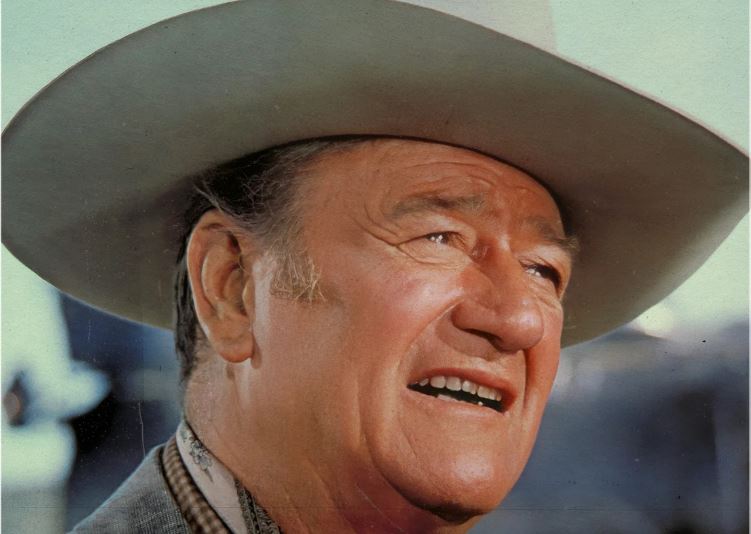There was a time when John Wayne was one of Hollywood’s biggest stars. He dominated screens via horseback and became a symbol of all things great about America, the so-called land of the free. Patriotism informed many popular movies, and Wayne was a leader in this kind of cinematic language. He was usually portrayed as a hero, a symbol of no-nonsense masculinity, and a man who couldn’t be messed with.
The darker side of Wayne’s tenure as one of America’s most well-loved screen icons could be found in his extremely prejudiced views, many of which were reflected in his films. Not only was Wayne rather sexist and homophobic, but he also held incredibly racist views, believing white people to be “superior”. Thus, it’s not hard to see why he was attracted to movies that popularised problematic tropes like ‘cowboys versus Indians’, which painted white cowboys as heroes and Native people as savage brutes.
Still, Wayne was held in high esteem, and his roles in films like Fort Apache, True Grit, and The Searchers made him a star. However, there comes a time in many successful people’s lives when they start to lose some of the appeal they once had. As movies started to change, the classic American western became less popular, and society became more progressive, Wayne didn’t have the best time adapting to a new cinematic landscape.
Dur ing the 1960s, Clint Eastwood emerged as the face of grittier, darker westerns with roles in the Dollars trilogy. Wayne, who was getting older, was not the go-to western lead anymore, although he still appeared in various popular movies. His career slowed down in the 1970s, and while he starred in movies like Big Jake, The Cowboys, and McQ, Wayne’s health issues prevented him from appearing in as many projects as he typically did, and in the final years of his career, he was hardly offered any jobs.
Thus, he found himself open to appearing in commercials – something that the Hollywood star wouldn’t have previously considered. He was paid a large amount to appear in various advertisements for Datril, a brand of painkiller, which ended up being a decision he wasn’t proud of. In John Wayne: The Man Behind the Myth, Claire Trevor revealed, “He felt he had lost his way. He had been the biggest film star in the world, and he was humiliated by having to make money doing TV commercials.”
Adding, “But he never gave up hope that he’d work again. In fact, he had a script that was being worked on called Beau John, and he wanted Ron Howard to be in it with him. But as time went on, his health deteriorated, and still, he made plans to make his film.”
Beau John never came to fruition, but he was desperate to make it happen. He wanted Howard to direct it, but in the end, nothing came of the project, and Wayne died in 1979 from stomach cancer. His final movie was The Shootist, released in 1976, meaning that the Datril commercials were some of the last pieces of media Wayne appeared in before his death.
